Facts About Abraham Lincoln That Will Give You A New Perspective
Abraham Lincoln is often remembered as the stoic 16th President of the United States, but there are many facets to his personality that remain lesser-known. Beyond his pivotal role in American history, Lincoln was a man of many talents and quirks. From his love for storytelling to his inventive mind, there’s a rich tapestry of traits and experiences that made him the iconic figure we know today. Join us as we delve into the intriguing and sometimes surprising aspects of Lincoln’s life.
Lincoln’s Humble Beginnings: From Log Cabin to Leader
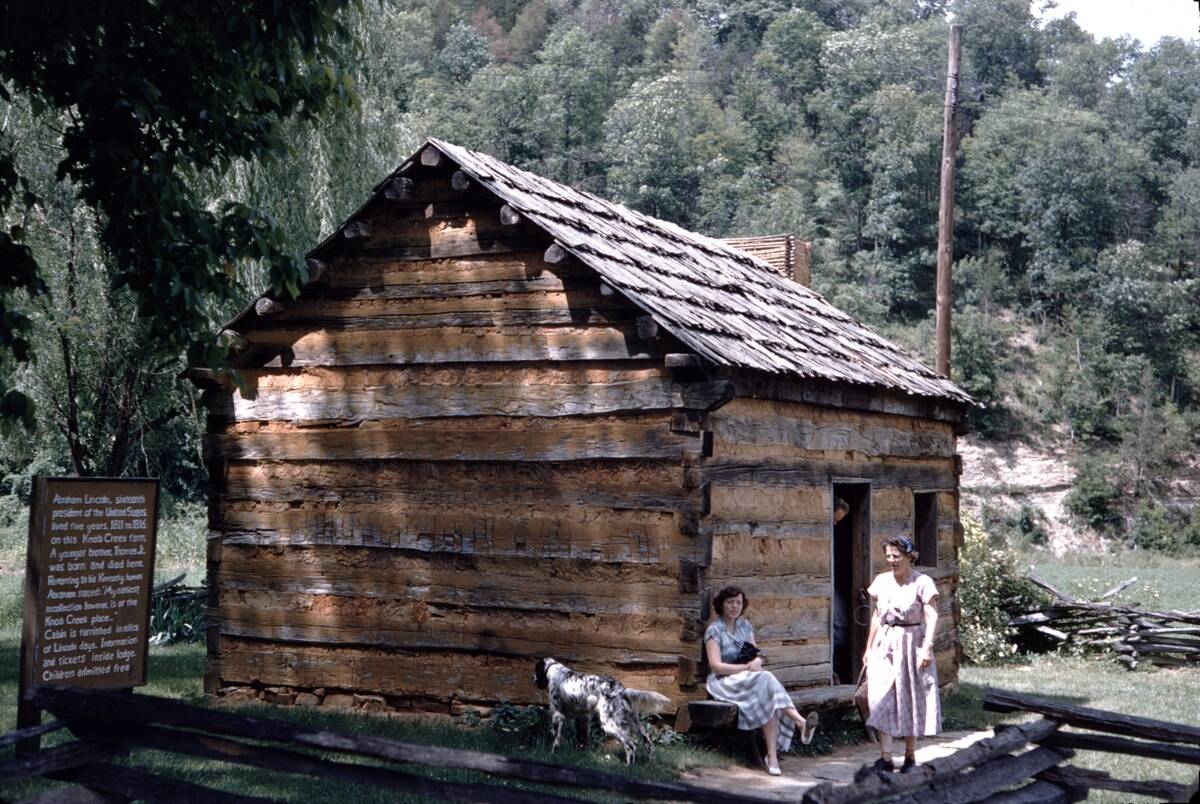
Born in a one-room log cabin in Kentucky, Lincoln’s early life was marked by simplicity and hard work. His family moved frequently, finally settling in Indiana, where young Abraham learned the value of perseverance. Despite his humble beginnings, Lincoln’s determination to rise above his circumstances was evident from a young age. His story is a testament to the American dream, proving that anyone, regardless of their start in life, can achieve greatness with dedication and effort.
The Self-Taught Scholar: Lincoln’s Love for Learning
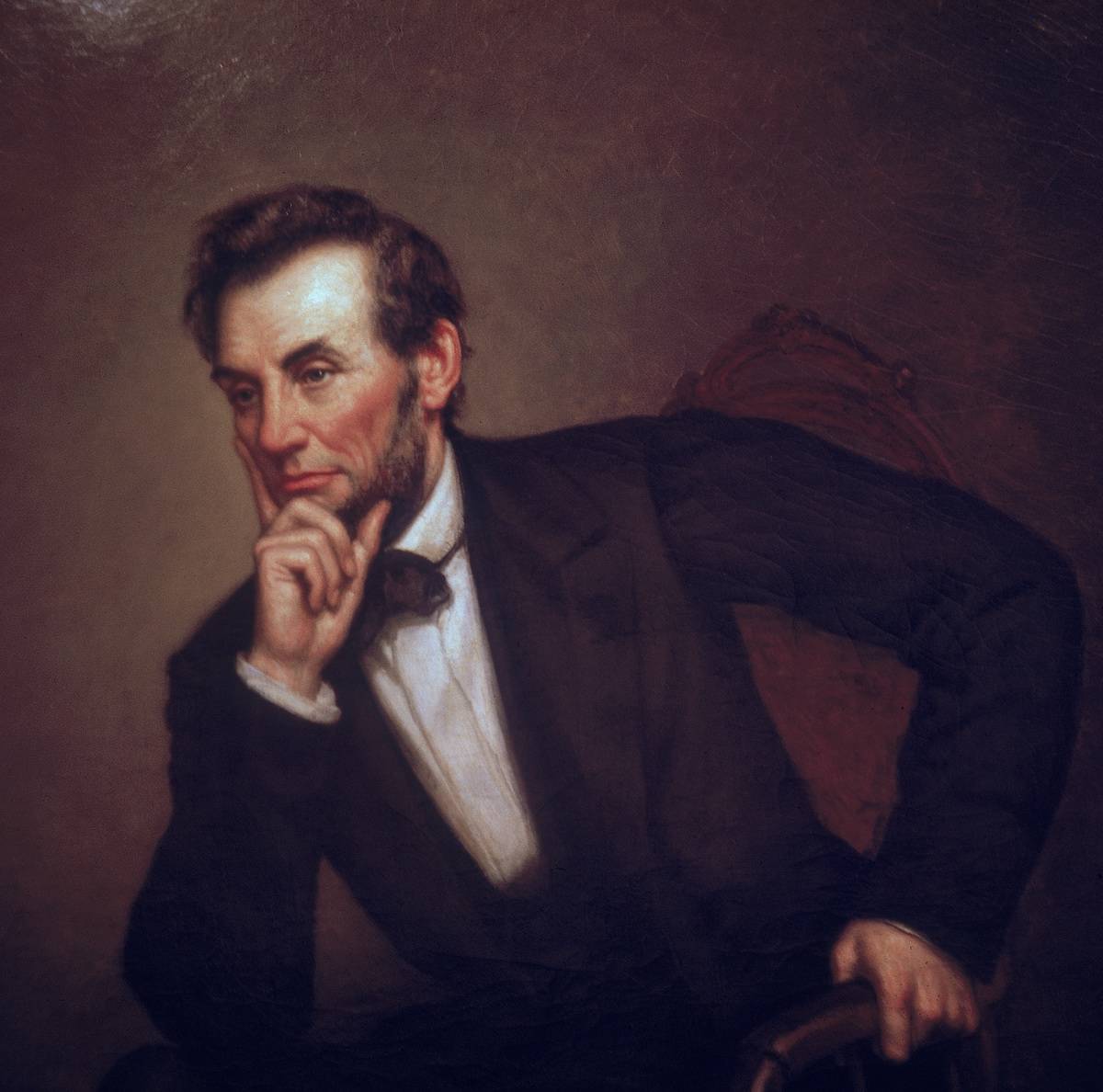
Lincoln’s education was largely self-directed, as formal schooling was a luxury his family couldn’t afford. He devoured books, teaching himself subjects ranging from law to literature. His favorite book was “The Life of George Washington” by Parson Weems, which inspired his own path to leadership. Lincoln’s intellectual curiosity was insatiable, and he often borrowed books from neighbors, reading by the light of the fireplace. His self-education laid the foundation for his eloquent speeches and powerful debates.
A Wrestling Champion: Lincoln’s Surprising Athletic Skills
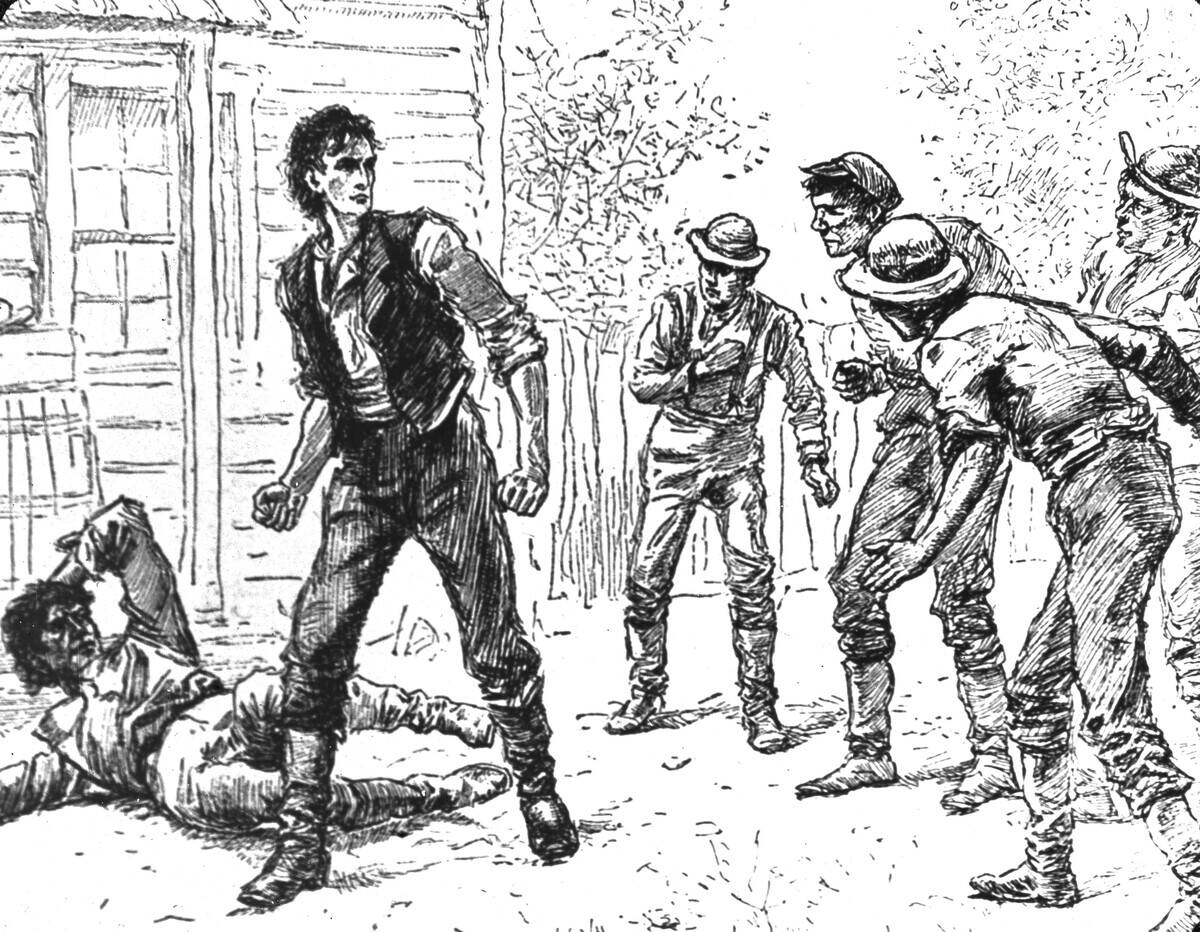
Standing at 6’4″, Lincoln’s height gave him a distinct advantage in wrestling, a popular sport in his day. He was known for his strength and agility, earning a reputation as an accomplished wrestler. In fact, he only lost one match out of approximately 300, and his prowess earned him a spot in the National Wrestling Hall of Fame. Wrestling taught Lincoln discipline and resilience, qualities that would serve him well in his political career and during the tumultuous years of his presidency.
The Tall Tale: How Lincoln’s Height Made Him Stand Out
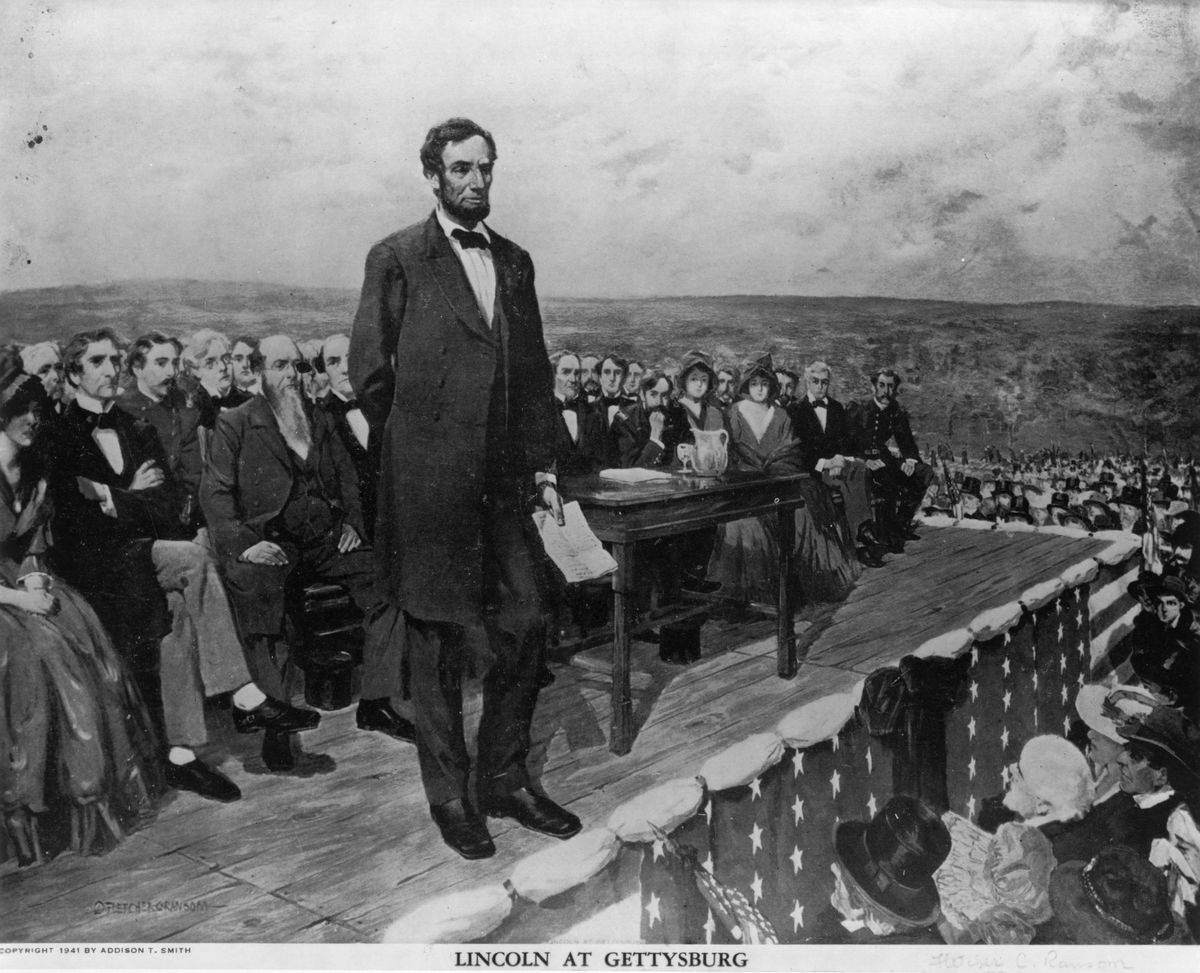
Lincoln’s towering height was not just a physical attribute but a defining feature of his presence. At a time when the average man was significantly shorter, his stature made him an imposing figure. People often remarked on his unusual height, which he sometimes used to his advantage in political rallies, ensuring he was visible to the crowd. His height, combined with his trademark stovepipe hat, became iconic, helping him stand out both literally and figuratively in the political arena.
An Inventive Mind: The Only U.S. President with a Patent
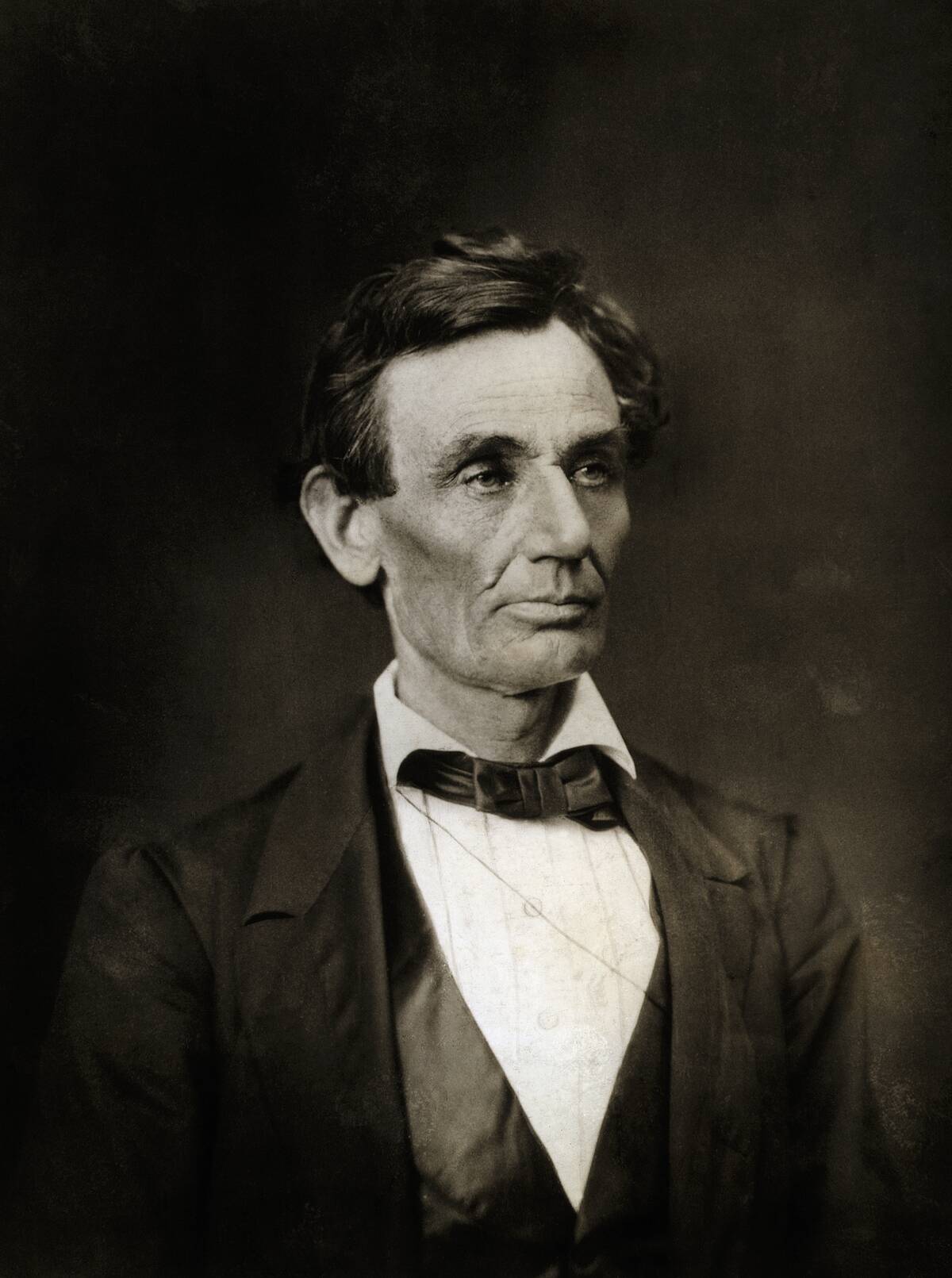
Lincoln’s inventive spirit is captured in his patent for a device that could lift boats over shoals and obstructions in a river. Patent number 6,469 was granted to him in 1849, making him the only U.S. president to hold a patent. Although the invention was never produced, it showcased his problem-solving skills and creative thinking. His curiosity and ingenuity extended beyond politics, reflecting a mind that was always searching for innovative solutions to everyday problems.
Lincoln’s Love for Animals: A Compassionate Companion
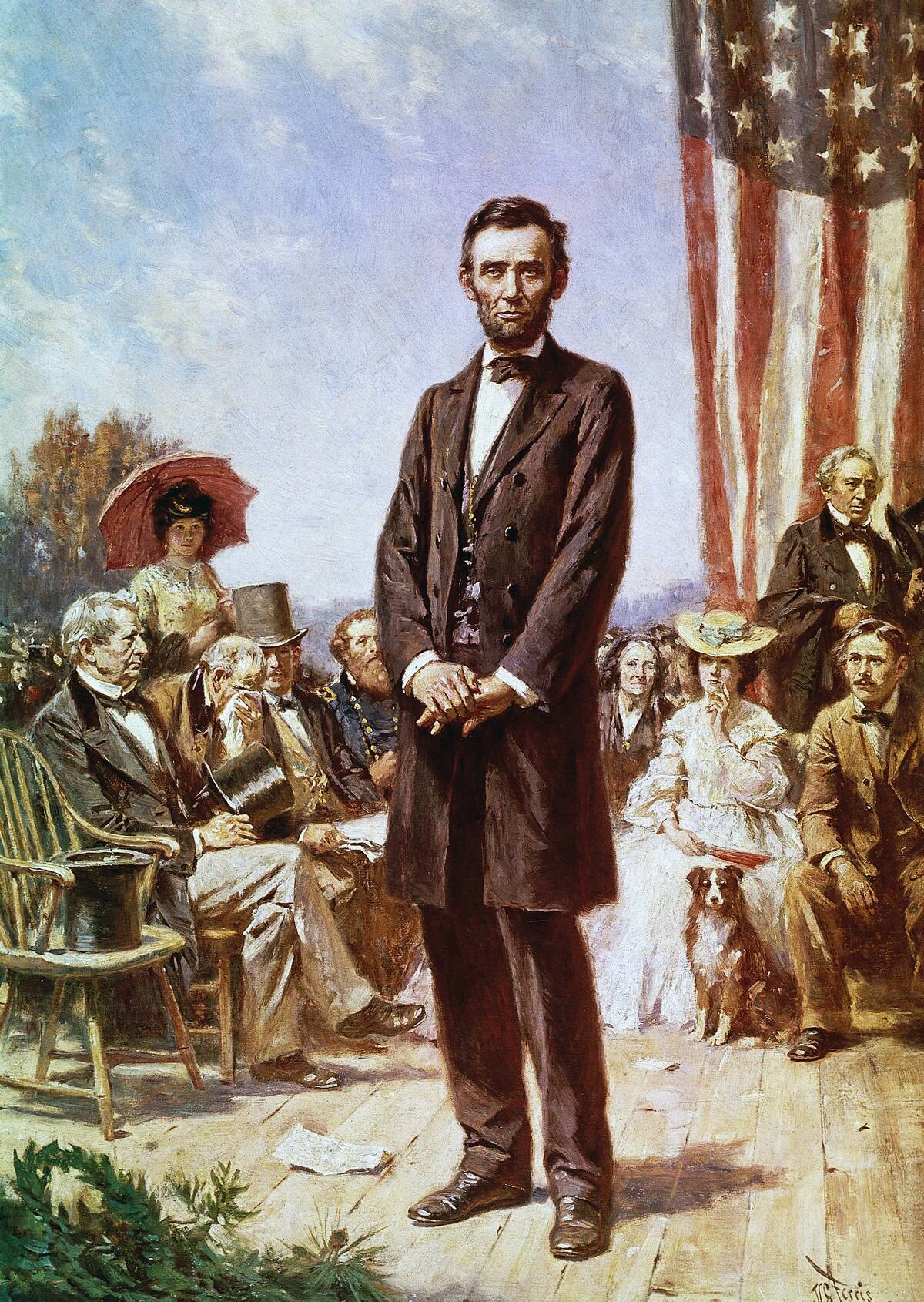
Animals held a special place in Lincoln’s heart, and he was known for his kindness towards them. He had several pets, including a dog named Fido and two goats, Nanny and Nanko, who often roamed the White House grounds. Lincoln’s compassion extended beyond his own pets; he famously pardoned a turkey meant for Christmas dinner, a tradition that continues today as the annual Thanksgiving turkey pardon. His empathy for animals mirrored his broader humanitarian values.
The Storyteller-in-Chief: Lincoln’s Wit and Humor
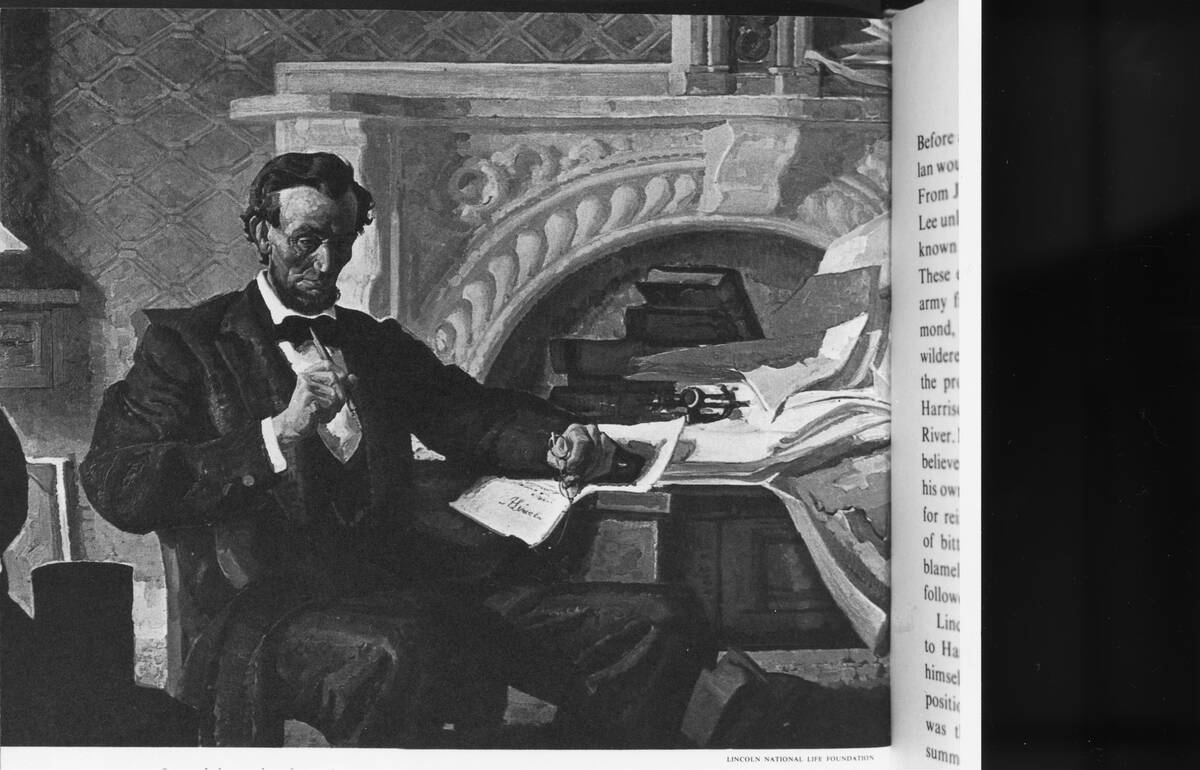
Lincoln’s wit and humor were legendary, often using storytelling as a way to connect with people and diffuse tension. He had a repertoire of anecdotes and jokes, which he delivered with perfect timing. His ability to weave humor into serious discussions helped him navigate the political landscape and win over opponents. Lincoln’s storytelling prowess not only entertained but also conveyed wisdom and insights, making him a beloved figure among friends and foes alike.
A Technological Trailblazer: Embracing the Telegraph
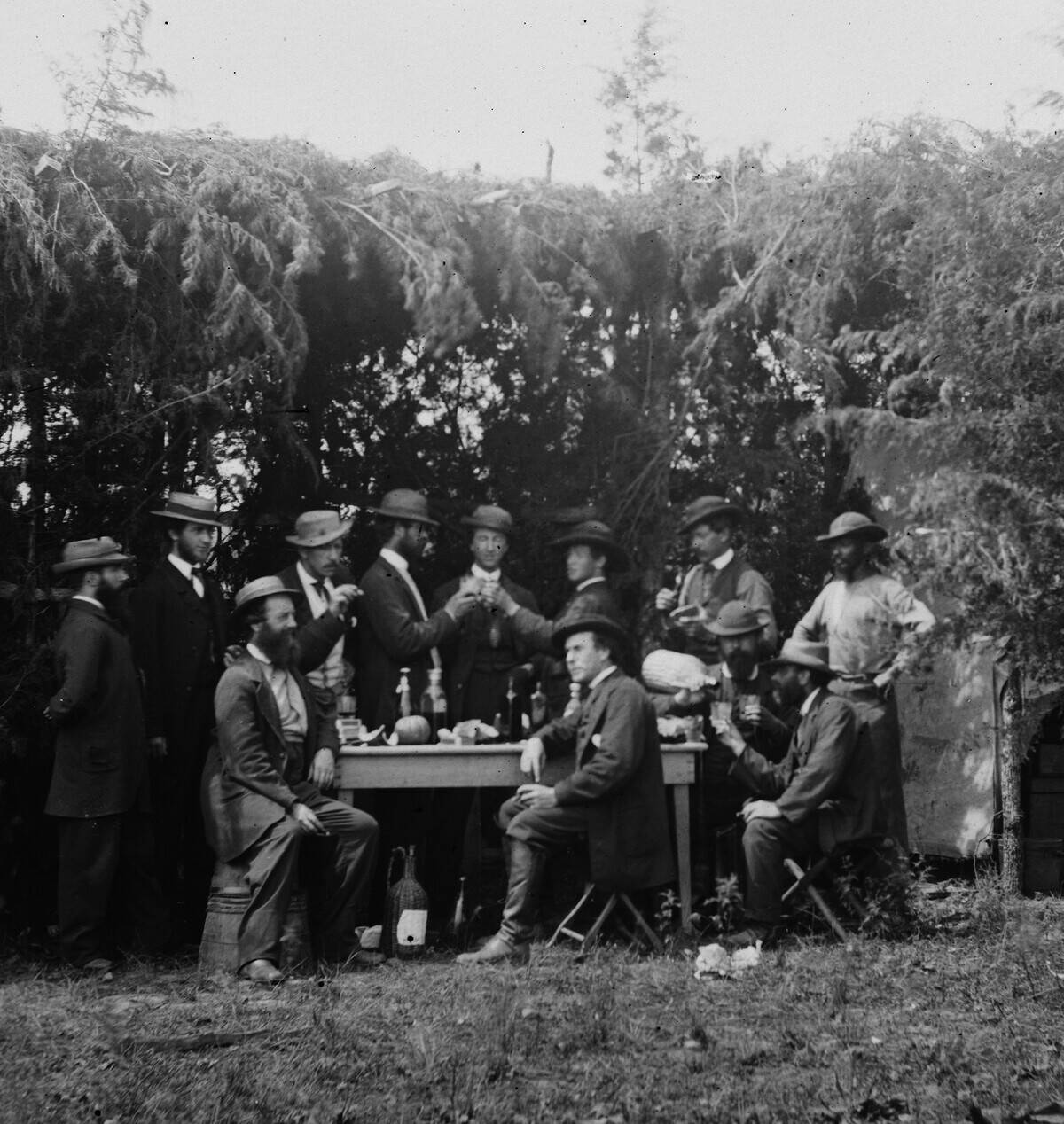
Lincoln was a pioneer in utilizing the telegraph, the cutting-edge technology of his time, to communicate with generals during the Civil War. This allowed him to receive battlefield updates in real-time and make strategic decisions quickly. The telegraph office in the War Department became his second office, where he spent countless hours. By embracing this technology, Lincoln revolutionized presidential communication, setting a precedent for future leaders to leverage advancements to enhance governance.
The Master of Disguise: Lincoln’s Secretive Travels
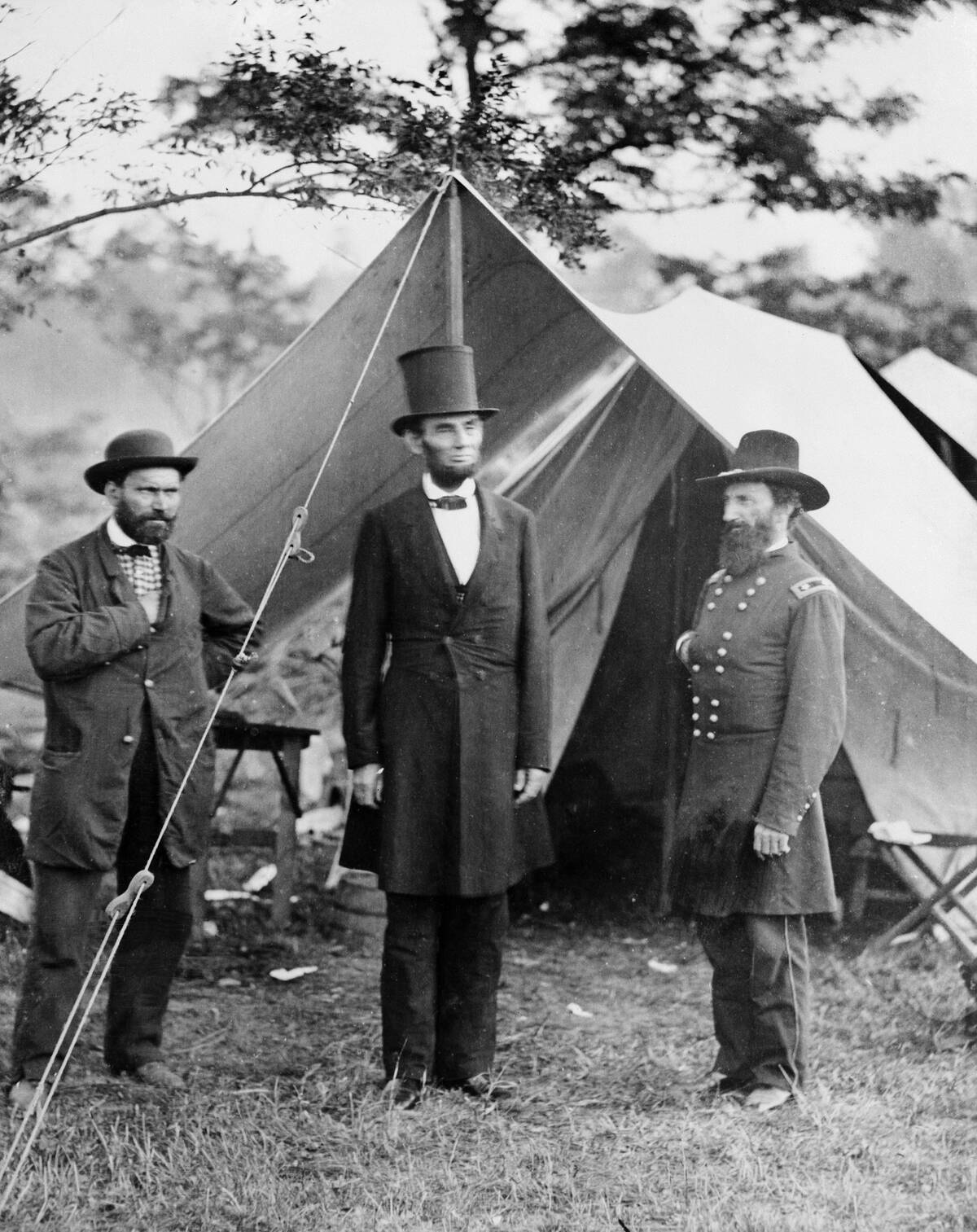
To ensure his safety during the tense pre-inauguration period, Lincoln occasionally traveled incognito. One notable instance was his secret journey to Washington, D.C., for his inauguration, where he disguised himself to avoid assassination threats. The Pinkerton National Detective Agency assisted in these covert operations, highlighting the dangerous political climate of the time. Lincoln’s willingness to adopt disguises underscored his commitment to his duties and the lengths he would go to fulfill them securely.
Lincoln’s Melancholy: A Glimpse into His Personal Struggles
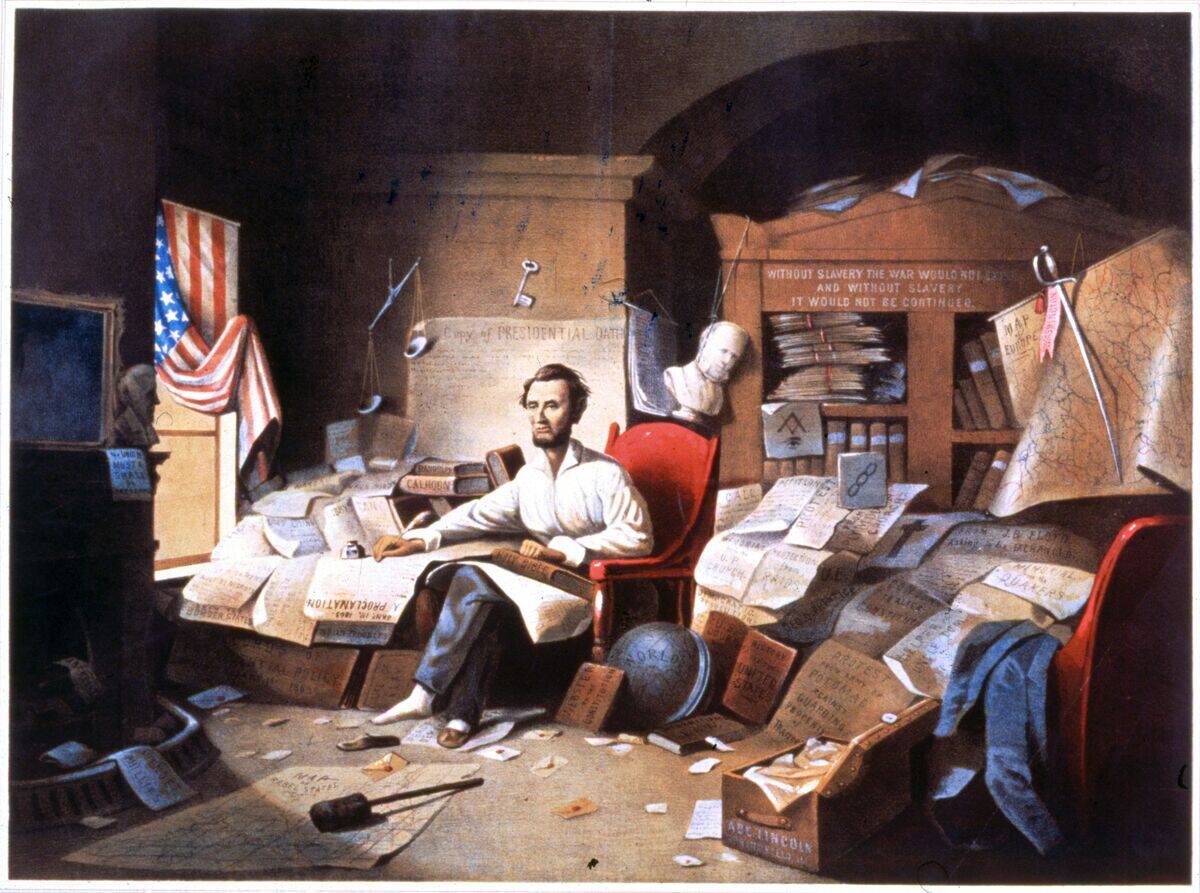
Despite his public persona, Lincoln battled with melancholy, a condition we might now recognize as depression. He experienced profound sadness, exacerbated by personal tragedies, including the death of his son, Willie. Friends and colleagues noted his frequent withdrawal into solitude, yet his resilience in overcoming these struggles was remarkable. Lincoln’s ability to lead the nation during its darkest hours, while grappling with his own inner demons, adds depth to his legacy as a compassionate and determined leader.
A Vocal Virtuoso: Lincoln’s Unique Speaking Style
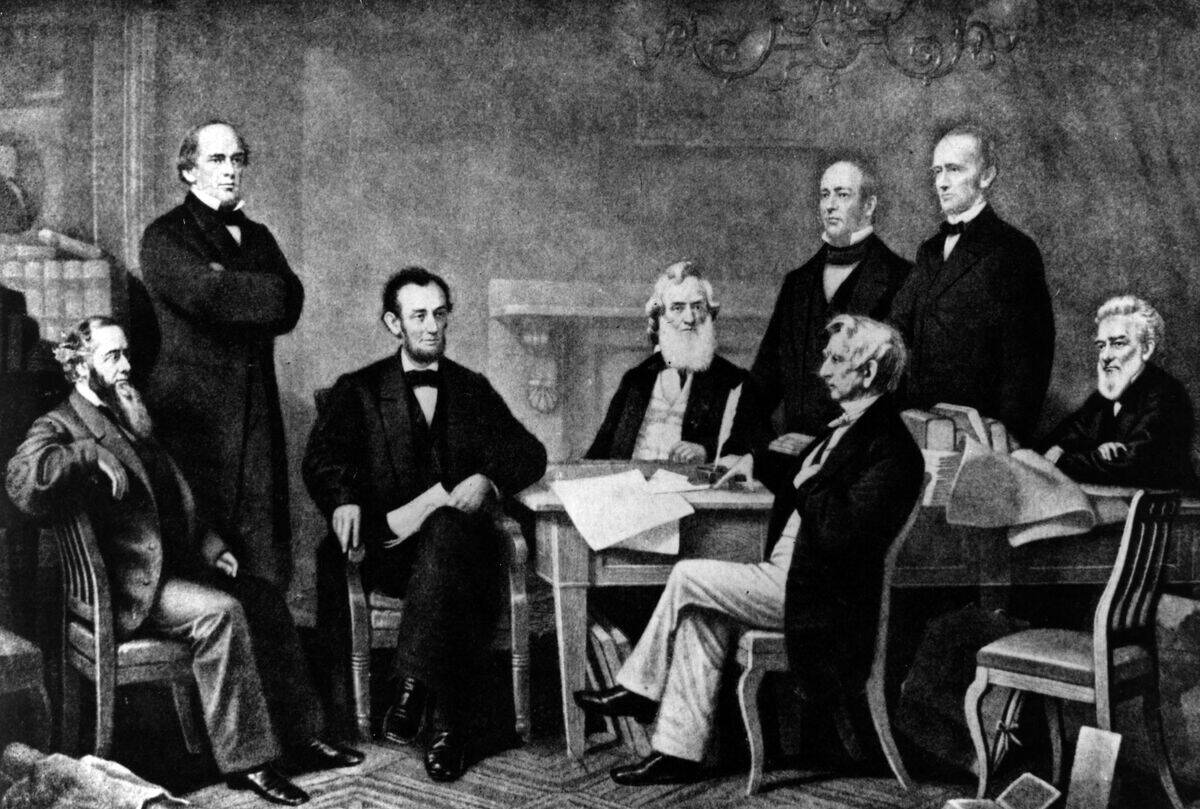
Lincoln’s speaking style was distinct, characterized by a high-pitched voice that could captivate audiences. While not conventionally powerful, his voice carried the weight of his words, making his speeches impactful. His ability to articulate complex ideas in simple, relatable terms endeared him to the public. The Gettysburg Address, with its succinct and poignant message, remains a testament to his oratorical prowess. Lincoln’s speeches continue to resonate, highlighting the enduring power of effective communication.
The Fashion Icon: Lincoln’s Signature Look
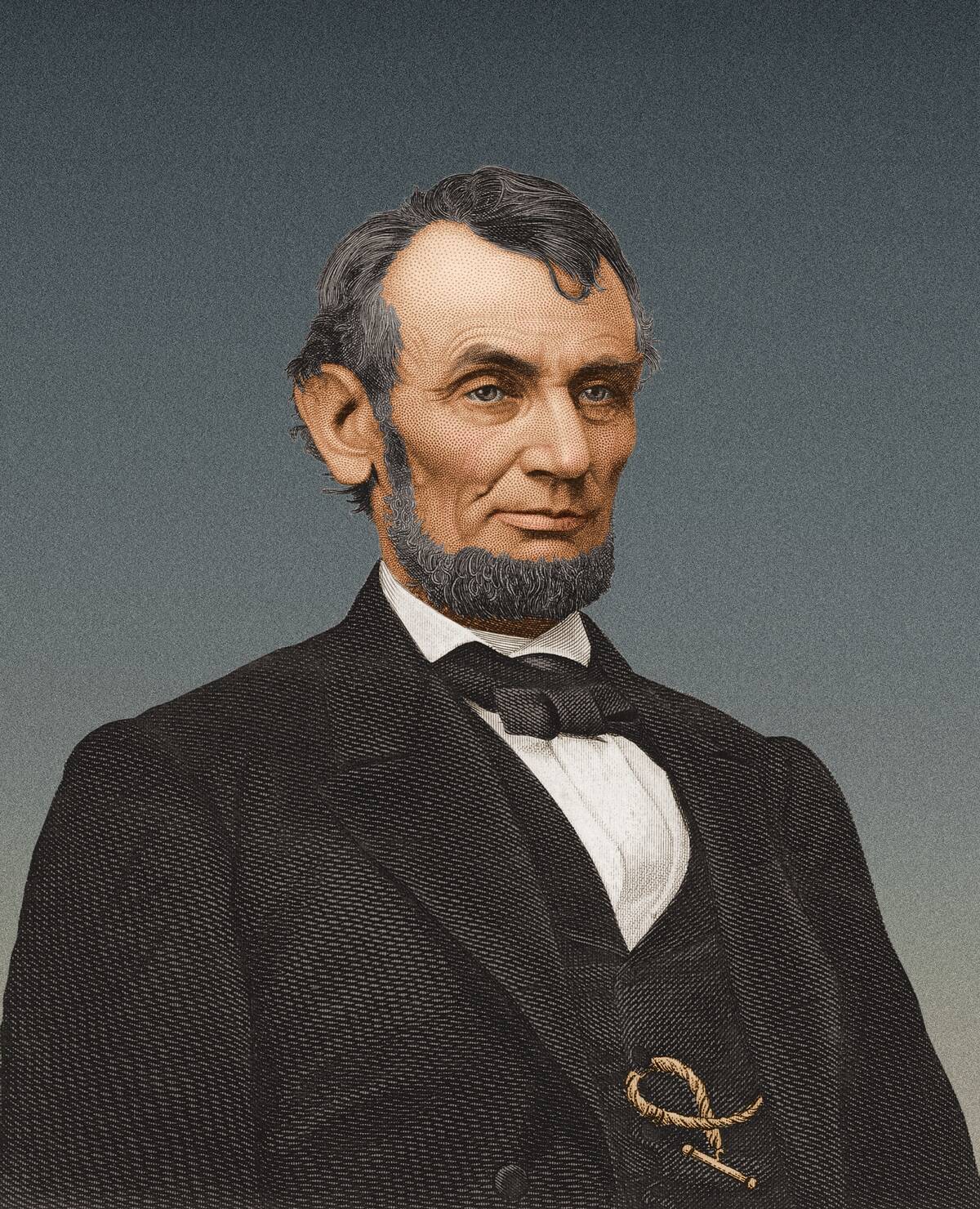
Lincoln’s distinctive style, particularly his stovepipe hat, made him a fashion icon of his era. The hat served both practical and symbolic purposes, often used to store important papers. His attire was simple yet dignified, reflecting his humble roots and pragmatic nature. The iconic image of Lincoln with his tall hat and beard became emblematic of his presidency, symbolizing honesty and integrity. His sartorial choices were as much about functionality as they were about creating a memorable presidential image.
Lincoln’s Literary Legacy: The Emancipation Proclamation
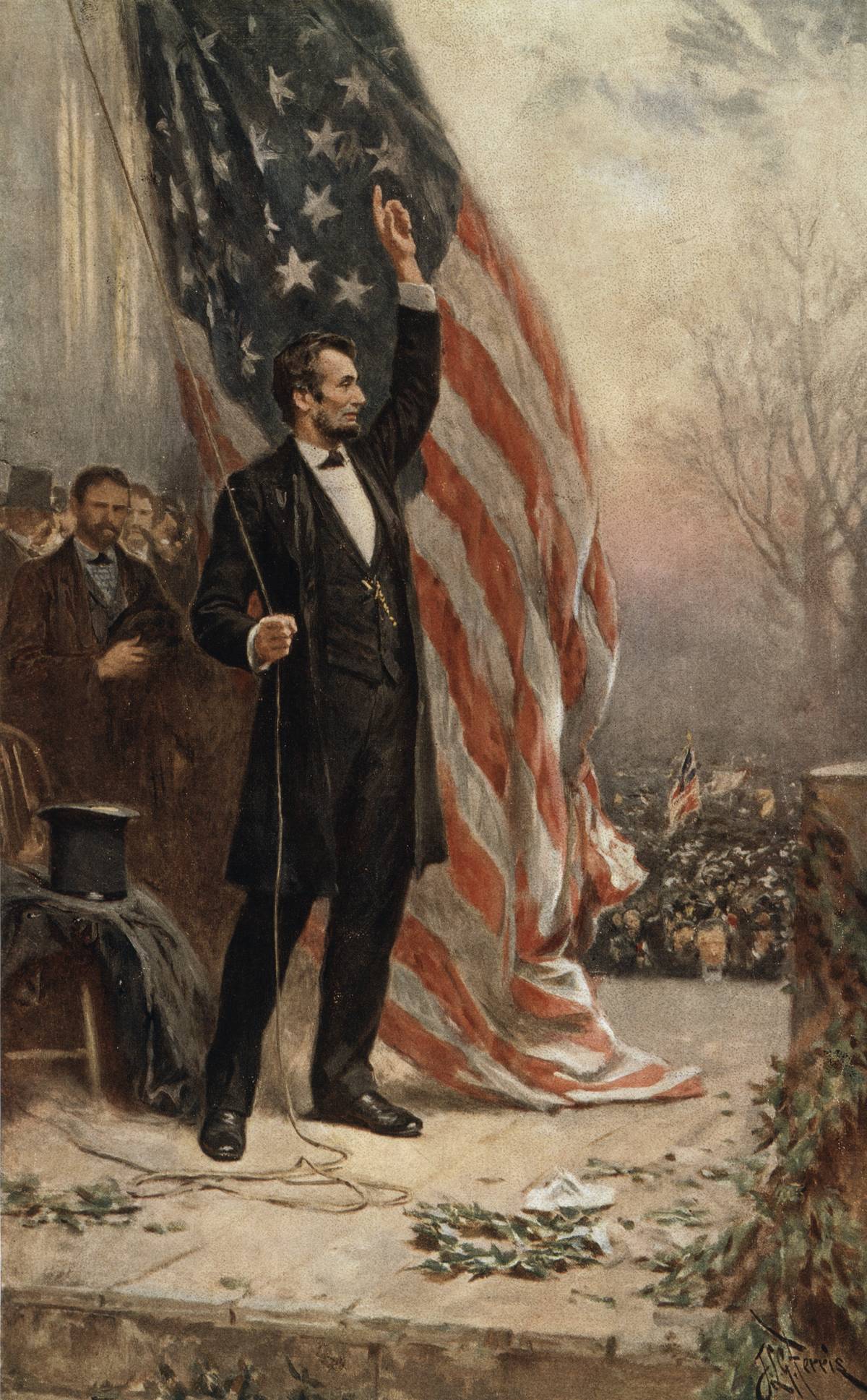
The Emancipation Proclamation is one of Lincoln’s most significant contributions to American history, declaring the freedom of slaves in Confederate territories. Issued on January 1, 1863, it marked a turning point in the Civil War, redefining the conflict as a fight for human liberty. Although it didn’t immediately free all slaves, it paved the way for the Thirteenth Amendment, which abolished slavery. Lincoln’s decisive action and eloquent writing underscored his commitment to justice and equality, leaving a lasting impact on the nation.
The Theater Enthusiast: Lincoln’s Passion for the Stage
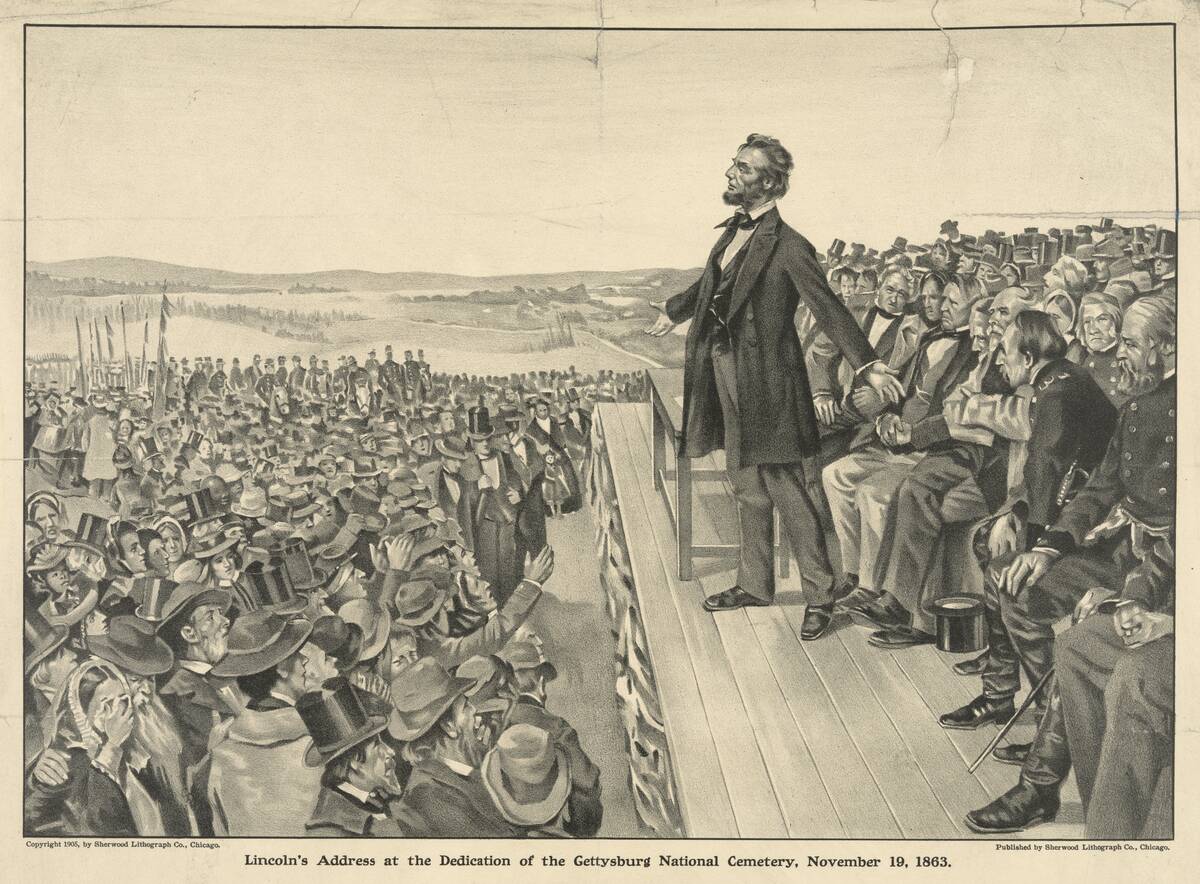
Lincoln was an avid theatergoer, finding solace and entertainment in the dramatic arts. He frequently attended performances at Ford’s Theatre, appreciating the escapism they provided amidst the pressures of his presidency. His love for Shakespeare was well-documented, often quoting passages from his favorite plays. Tragically, his life was cut short during a visit to the theater, a place he cherished. Lincoln’s appreciation for the arts reflects a man who valued culture and found joy in storytelling, both on and off the stage.
Remembering Lincoln: The Impact on Modern America
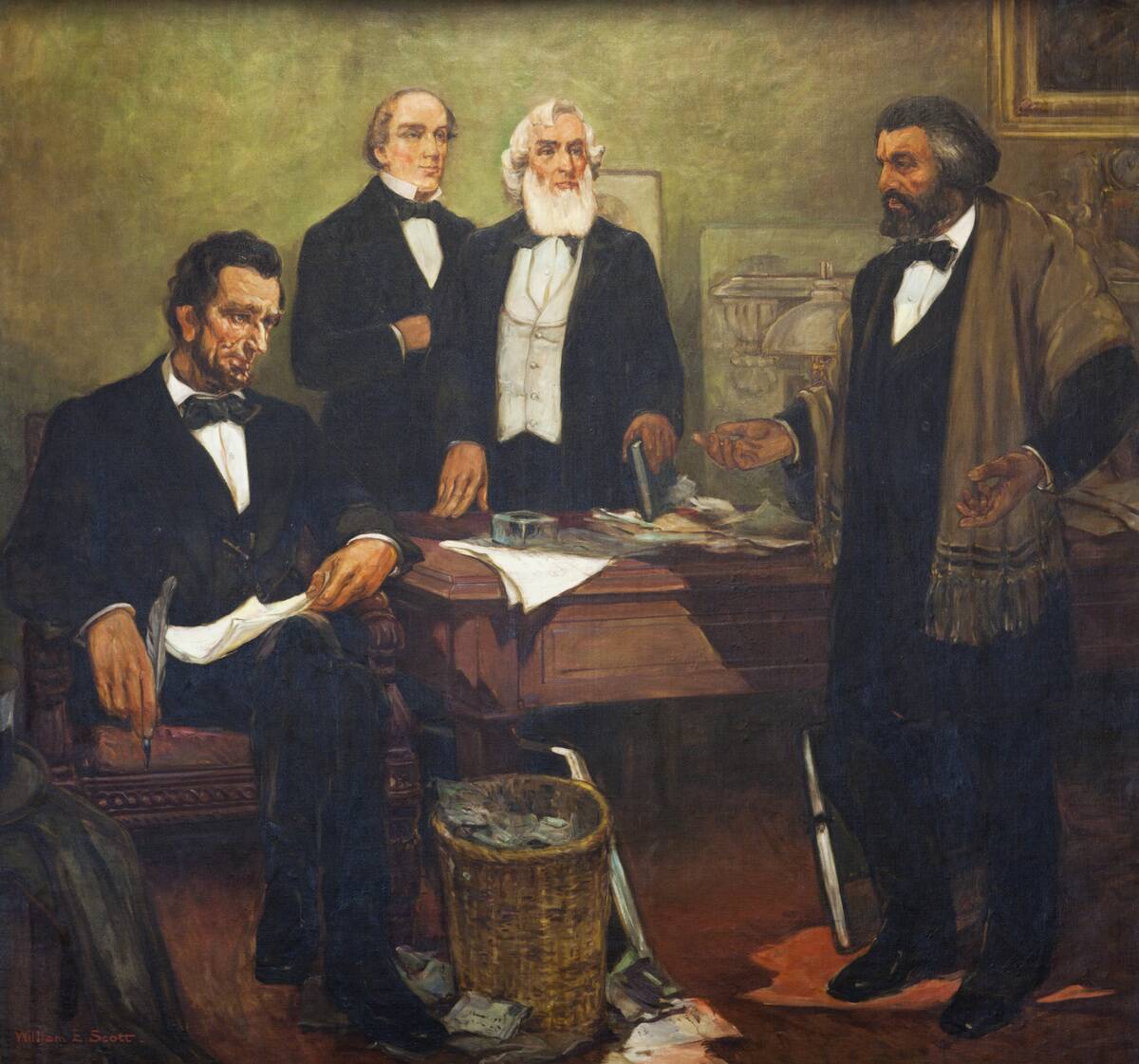
Lincoln’s legacy continues to shape modern America, his leadership principles and moral clarity serving as a guiding light for future generations. His dedication to preserving the Union and ending slavery transformed the nation’s trajectory. The lessons from his presidency remain relevant, inspiring leaders to uphold values of equality and justice. Monuments, memorials, and educational curricula across the country honor his contributions, ensuring that his impact endures. Lincoln’s life and work remain a testament to the enduring power of courage and conviction.




